Due to lack of time, lunch boxes have become a practically indispensable “accessory” for students and those who work away from home. Due to their busy schedule, there are those who cook at the beginning of the week and reheat over the following days. However, an expert assured that the practice of reheating meals tends to pose risks.
With a post-doctorate in food safety from the University of Pretoria, South Africa, Stacey Duvenage gave an interview to the British portal The Sun. In the conversation, the microbiology expert identified nine foods that pose a health risk when reheated. She finds out what they are and the consequences of heating them more than once.
1. Rice
According to the expert, rice is the first food on the list, because when raw, it contains a bacteria called Bacillus cereus. Cooking the grain usually kills the microorganism, but it can persist in the form of spores and cause gastrointestinal problems, such as vomiting, diarrhea and abdominal pain, as explained by Stacey.
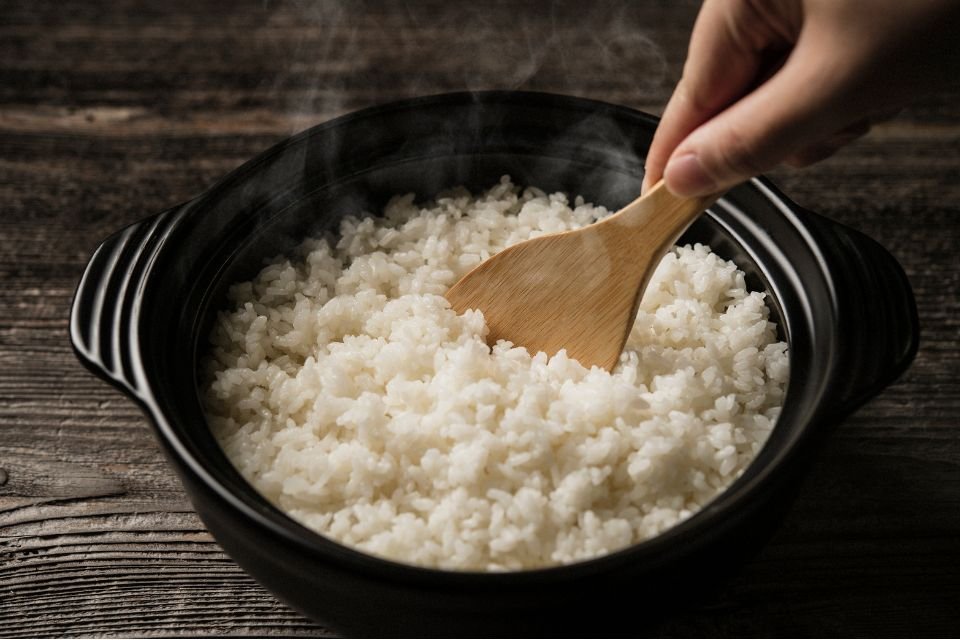
After preparing the rice, place it in the refrigerator within two hours.
“These spores can survive the cooking process and begin to grow when the rice is left at room temperature. This species of bacteria is capable of producing a toxin that can cause food poisoning”, he pointed out. To avoid complications, the food needs to be placed in the refrigerator two hours after being cooked.
2 eggs
According to the food safety expert, eggs should never be reheated and can be consumed at a cold temperature up to 24 hours after cooking.
“They are loved around the world for their convenience, affordability and health benefits, but leftover eggs should not be reheated. This leads to protein oxidation, which tends to result in the presence of cancer-causing agents in food,” mentioned Stacey.
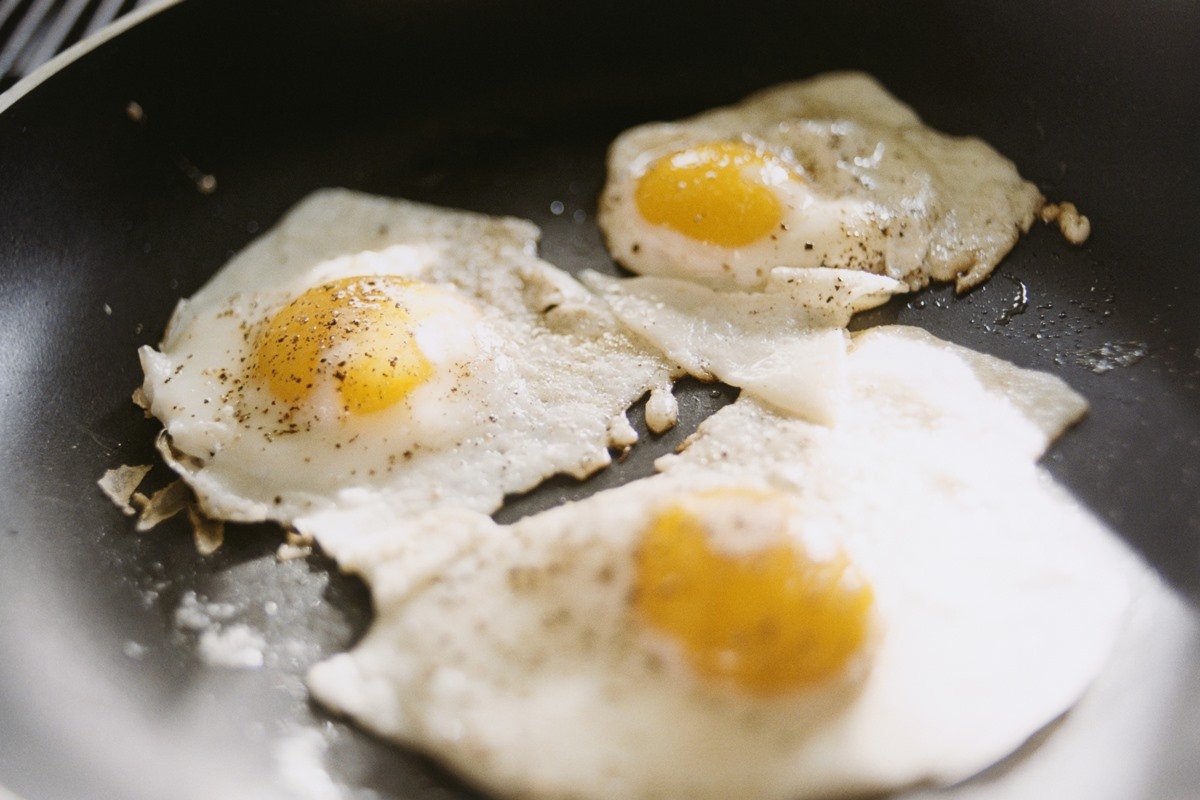
Eggs should never be reheated
3. Mushrooms
The postdoctoral fellow pointed out that reheating mushrooms leaves them with an unpleasant taste, but not only that, “it destroys the proteins and nutrients”. “In the same way as eggs, when proteins are oxidized, they can become carcinogenic,” she highlighted. In addition to not being good for the body, reheating these foods results in gastrointestinal conditions.
Stacey Duvenage argued that leaving mushrooms at room temperature for a long time also causes stomach aches and digestive problems.
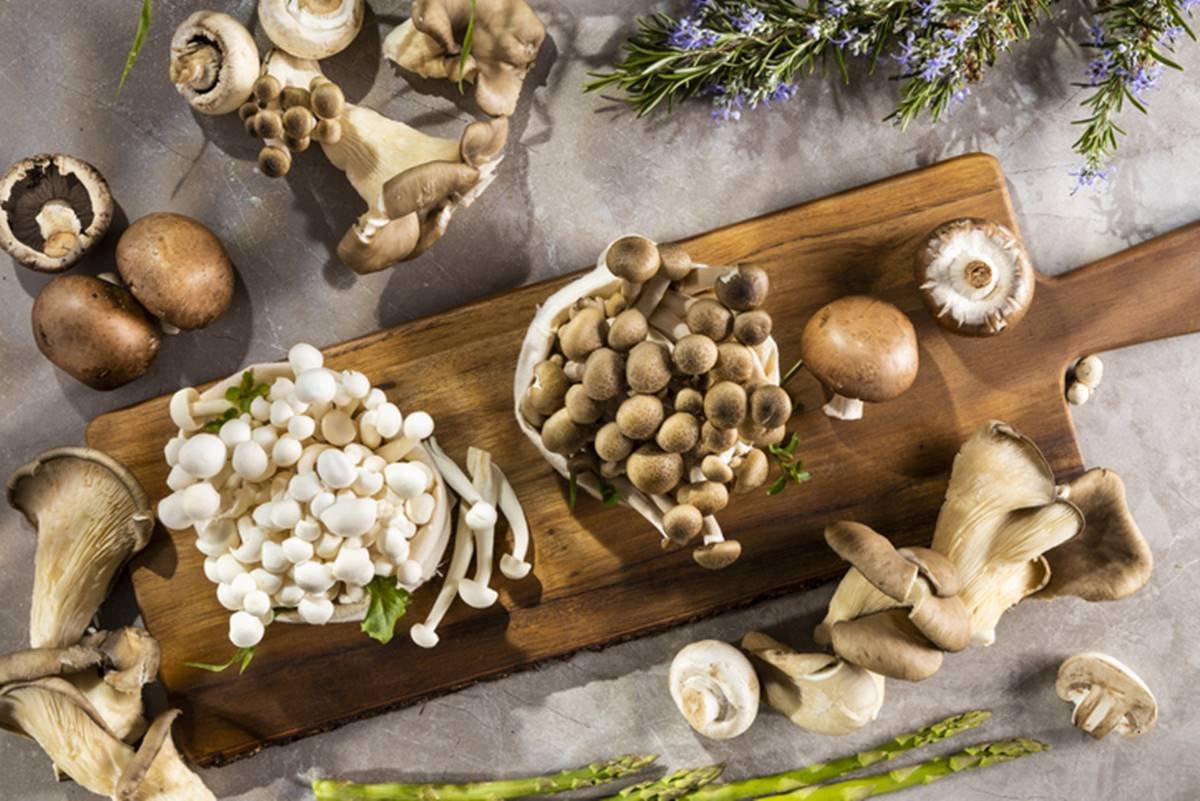
Mushrooms are also on Stacey’s list
4. Spinach and cabbage
In the list of the healthiest foods in the world, prepared by researchers at William Paterson University, spinach is in fifth place in the top 10. Although it contains a series of vitamins, the nitrate-rich vegetable when reheated poses risks to the proper functioning of the body.
“Nitrosamines, which are carcinogenic compounds, can form in these vegetables [espinafre e repolho] when heated to high temperatures or reheated”, explained the specialist. Stacey claimed that scientists associate the substance with esophageal, stomach and nasopharyngeal cancer.

Spinach is one of the healthiest foods in the world, according to study
5. Potatoes
An affordable and versatile food, potatoes are frequently consumed in many parts of the world, but if left out of the refrigerator for a long time after cooking, bacteria take over and pose health risks. “The deadly toxins produced by Clostridium botulinum they are not destroyed during reheating”, attested the expert.
The specialist provided clarification on botulism: “Caused by toxins and not specific to potatoes, it is a potentially fatal disease that attacks the nerves, brain and spinal cord”. A point raised by Stacey is that vegetables, after going through the process of cooking, cooling and reheating, make digestion difficult.
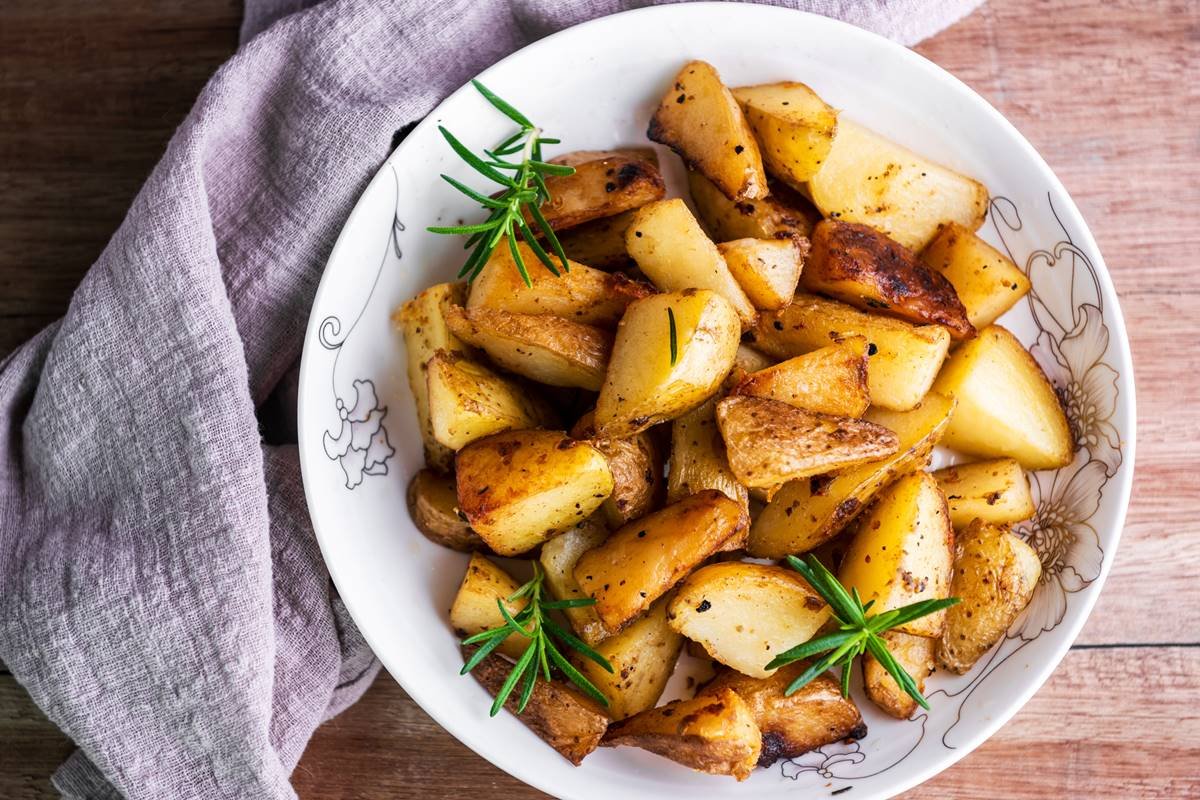
Potatoes cannot be left out of the refrigerator for too long after preparation.
6. Seafood
“Reheated seafood can be enjoyed safely, but care must be taken in preparation and immediate storage after cooking”, maintained the post-doctorate in food safety. She recommends refrigerating seafood as quickly as possible and consuming it within 24 hours.
Taking care with seafood is a way to preserve quality, flavor and protect yourself against possible food poisoning. “If certain types of fish are not refrigerated, histamine can be produced, which can lead to an unpleasant reaction in consumers,” he highlighted.
Vomiting, nausea, diarrhea, itching, rashes, low blood pressure and a burning sensation in the mouth are among the symptoms of a reaction resulting from seafood poisoning.
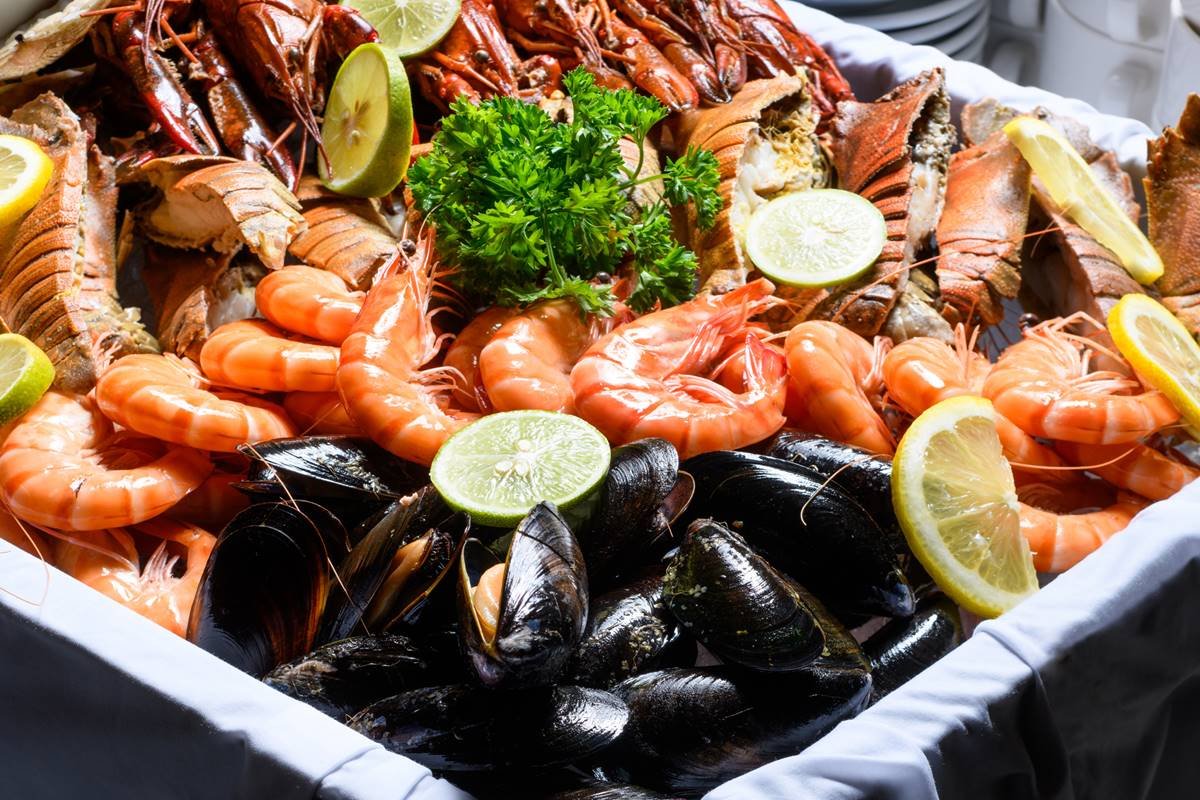
Once prepared, seafood must be refrigerated to avoid contamination.
7. Chicken
According to Stacey Duvenage, reheating chicken is not a bad thing, however, it requires reheating to reach the right temperature to “kill the bacteria present”. In the expert’s opinion, not following the rule of reaching 75°C puts health at risk due to food-borne illnesses.
In her explanation, the specialist used a message from the Food Standards Agency in the United Kingdom. With the acronym FSA, the institution warns that “reheating means cooking again, not just heating”. The postdoc adds: “Always heat food until it is very hot.”
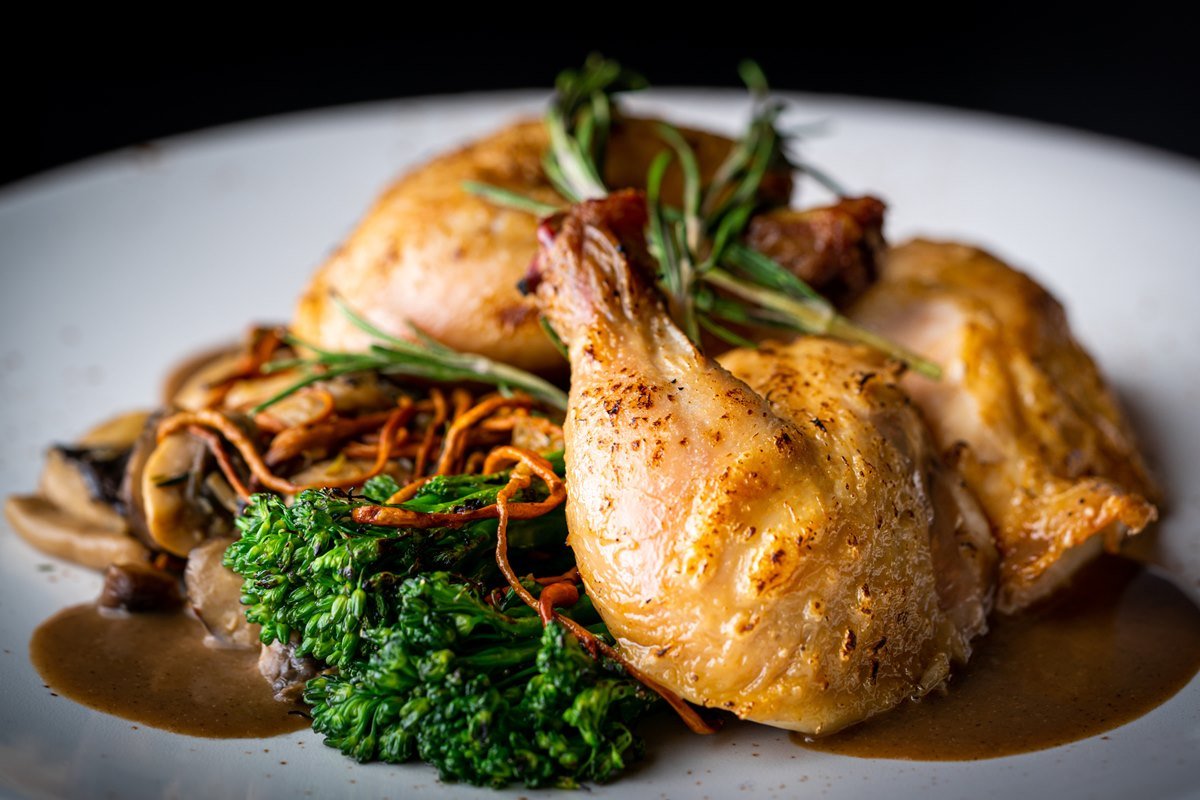
When reheating the chicken, the temperature needs to reach 75°c
8. Oils
As mentioned by the food safety expert, reheating foods cooked with olive or rapeseed oil can produce acrylamide in dishes, such as French fries. Stacey explained that the substance is not “deliberately” added to dishes, but “a natural by-product of the cooking or heating process”.
In an article, the FSA showed that laboratory tests highlighted the dangers of acrylamide in the diet as it causes cancer in animals and has the potential to do the same in humans. The substance appears through smoke. “The longer the oils are cooked, the lower the temperature at which smoke is produced,” he explained.
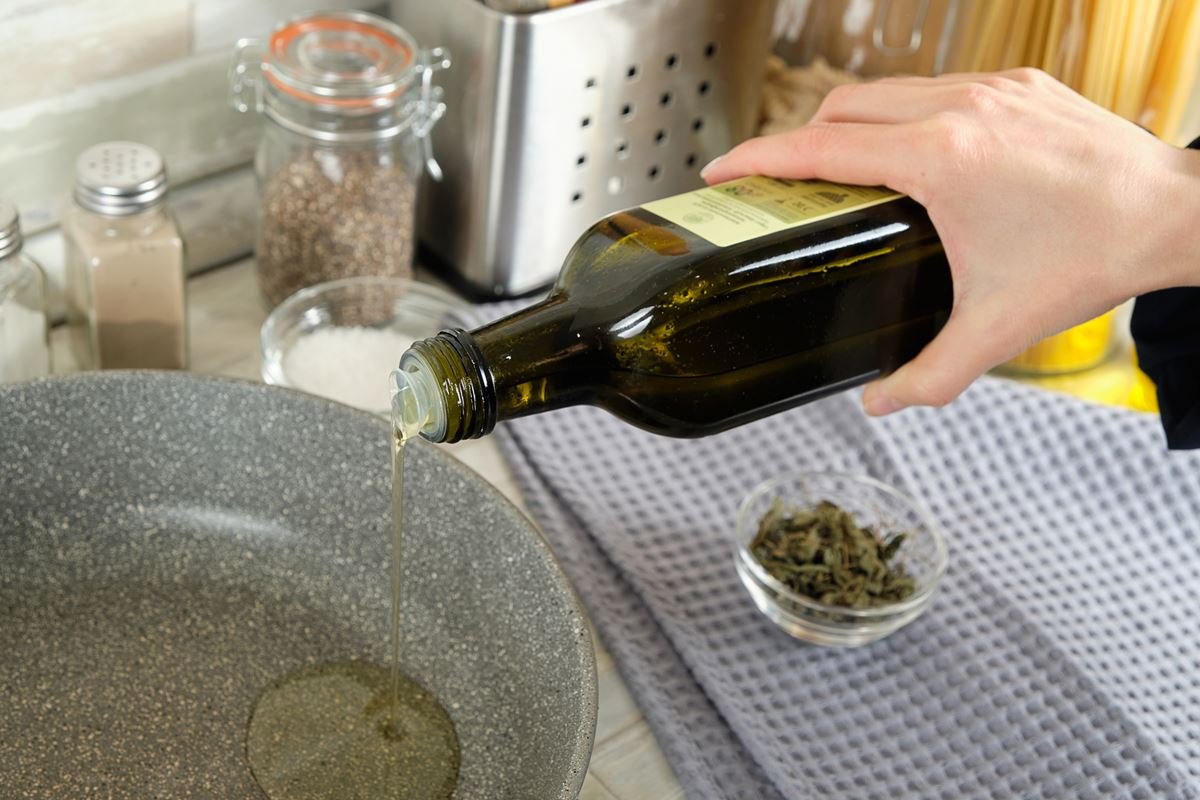
The expert explained the dangers of olive oil
9. Baby food and milk
Concluding the list of nine foods, breast milk, baby food and baby formula should only be heated once. In situations where the small child has not consumed all the food, it is recommended to eliminate it as it contains bacteria from the child’s mouth.
“When baby food is reheated, it may not reach the temperature needed to kill bacteria, and this can cause foodborne illness,” Stacey began. She added: “Breast milk and formula should not be reheated, as the nutrients are destroyed.”
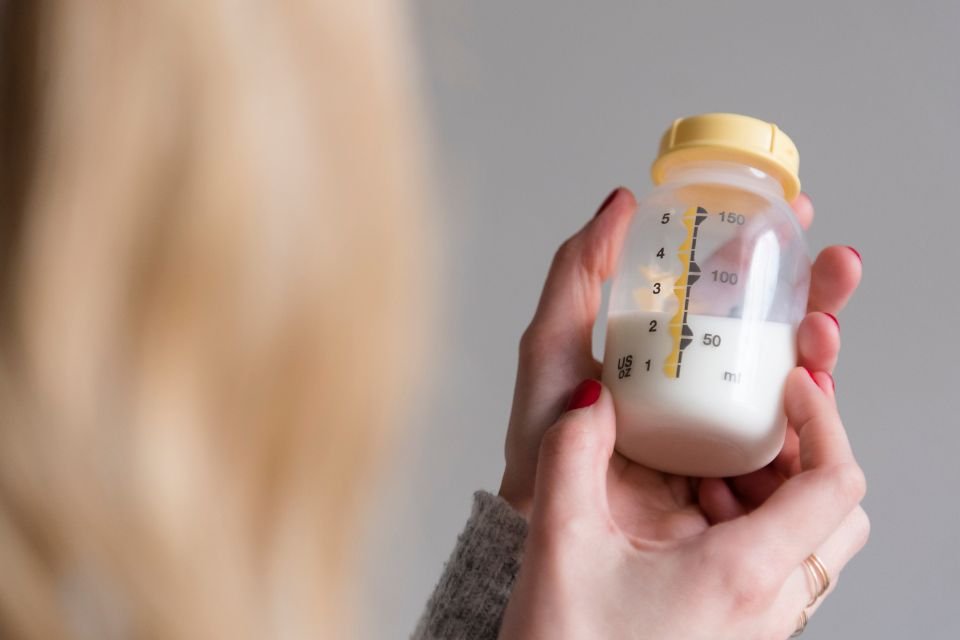
Breast milk should only be heated once
Metropolises





